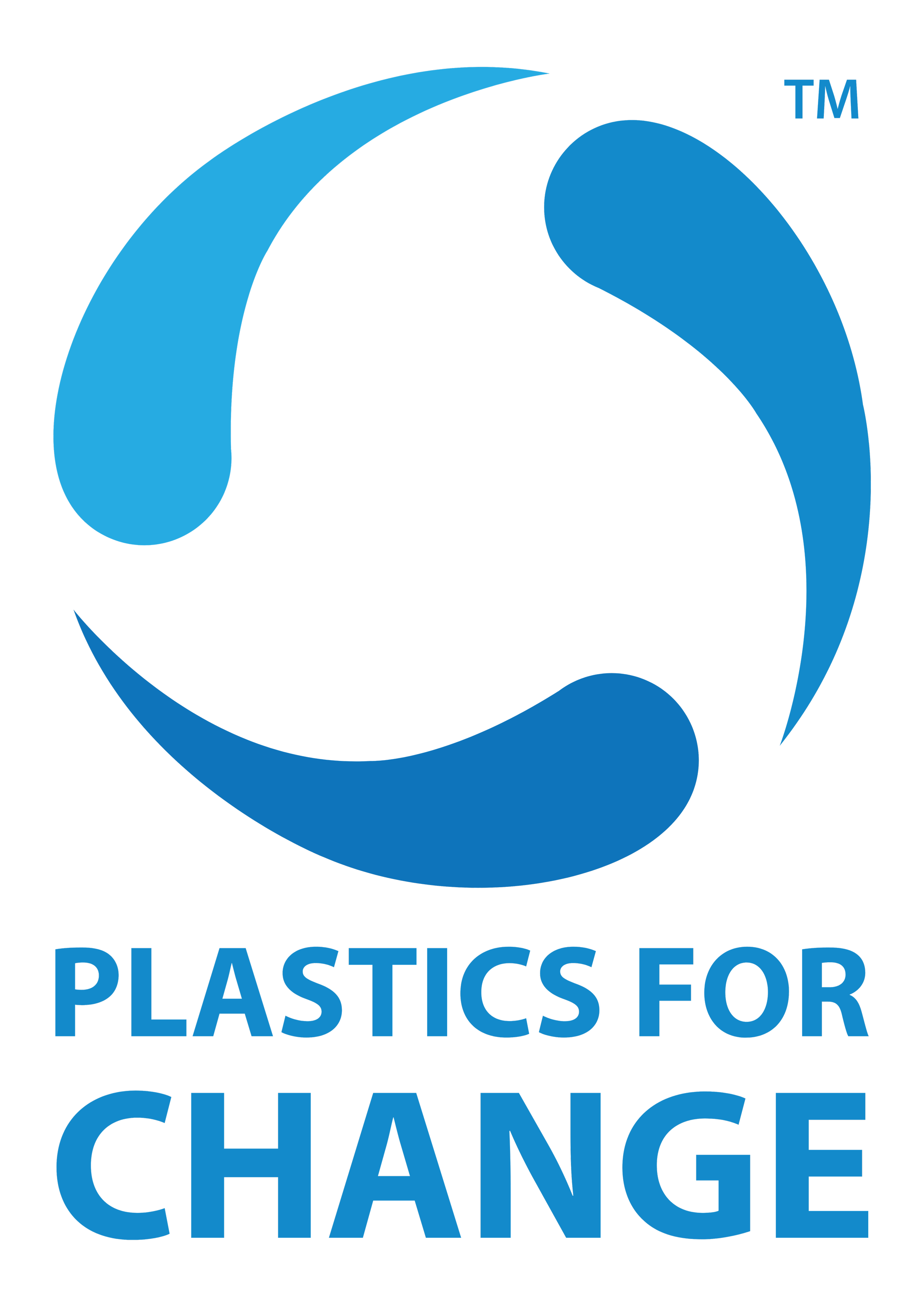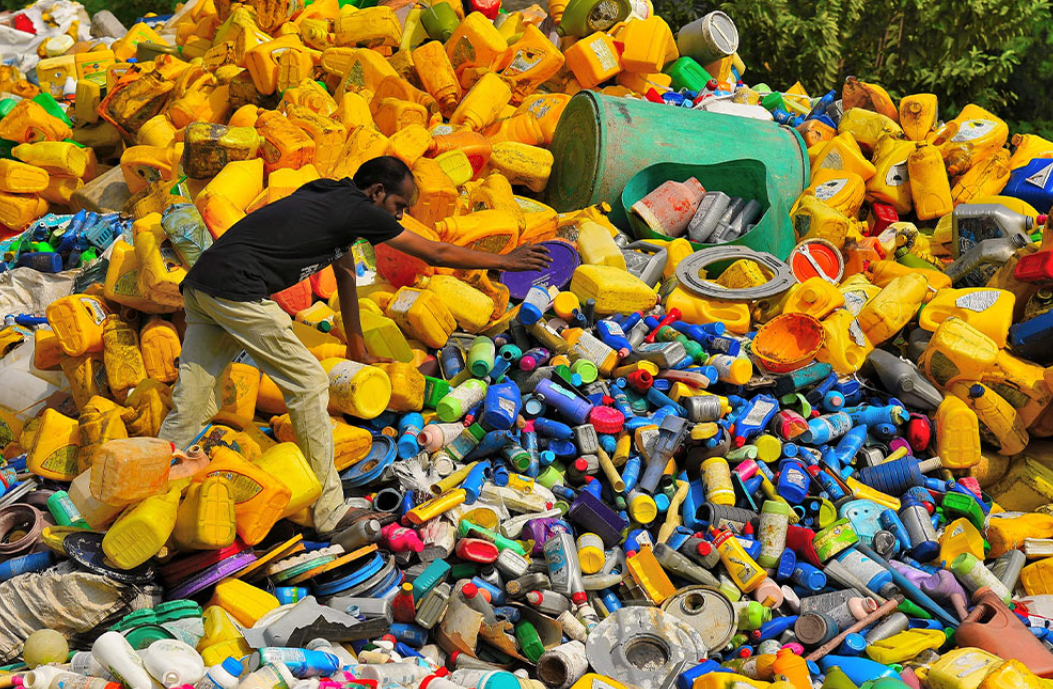Extended Producer Responsibility is a policy approach that extends a producer’s responsibility for a product to the post-consumer stage of its lifecycle. In simpler terms, it means that companies that manufacture, import, or sell plastic products are also responsible for collecting and recycling those products after consumers are done with them.
Read MoreA significant portion of India's plastic recycling workforce operates in the informal sector, comprising individuals from underprivileged backgrounds. Many are migrants from rural areas or belong to socioeconomically disadvantaged groups like Dalits, tribes, and religious minorities, driven by economic necessity to take on this hazardous work. Their precarious financial situation often forces them to prioritise immediate income over personal safety.
Read MorePlastic offset schemes offer a promising solution, allowing businesses to compensate for their plastic use by supporting initiatives that remove or prevent plastic waste. While offsetting shouldn't replace efforts to reduce plastic consumption, it can be a valuable part of a comprehensive sustainability strategy. Here are ten innovative approaches companies can consider in offsetting their plastics.
It all starts with you. When you place your plastic items in the recycling bin, you're setting off a chain of events. In India, however, the formal waste collection system often falls short. According to a 2021 report by the Centre for Science and Environment, only 60% of India's plastic waste is collected. The informal sector, including waste pickers, plays a crucial role, collecting up to 60% of plastic waste in some cities.
Read More



